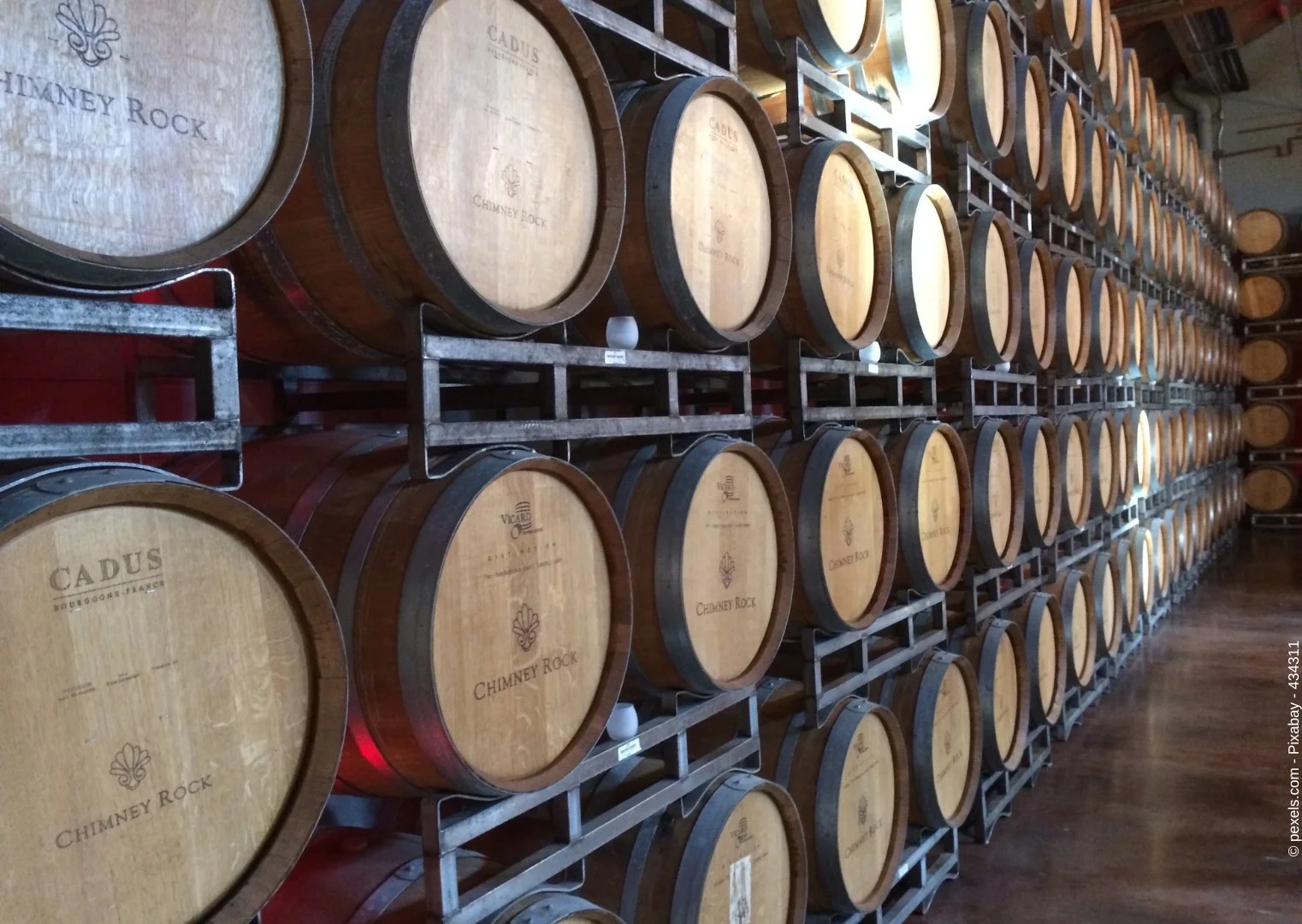German Beer: How is it made?

Germany is the world centre of brewing, Bavaria is the heartland of German brewing, and Munich is the brewing capital of Bavaria. They have been brewing excellent beer in this part of the world for centuries. How do they do it? Well, the description of an ideal environment in which a beer culture could thrive would be: (i) an area blessed with fertile soil and a perfect climate for growing excellent grain, barley and wheat, (ii) a plentiful supply of good fresh water from snowy mountain ranges, and (iii) cold winters to provide the best type of yeast for fermentation. This is a description of Bavaria.
God’s brewery.
Add to that the vital ingredient of hops, which was added as an ingredient by the famous Bavarian brewer monks of the middle ages, and you have the birth of modern beer.
How to brew the perfect ale?
The fundamental laws of brewing have not changed since the addition of hops to other ingredients centuries ago. The basic brewing process is to prepare cereal grain (be it wheat, barley, rice or whatever) in such a way as to make it an ideal meal for yeast to feast upon, the outcome of which is beer. That’s it.
The essential stages are: mashing, filtering, boiling, fermenting and filtering again. This applies whatever the recipe of beer style, whether it be ale or Hefeweizen or other Weissbiers or lager beer. The craft of brewing is fundamentally the same.
Mashing (also known as “malting”).
A bit like making porridge. Milled grain is steeped (“mashed”) in hot water. This activates enzymes which are natural catalysts that convert starches in the grain (which yeast doesn’t fancy) to sugars called maltose (which yeast cannot get enough of).
Filtering.
A bit like making coffee. Hot water is sprinkled over the grain bed. As it perculates through it leaches out the maltose extract which is collected in the Brew Kettle. The resultant liquid maltose mixture is called wort. This is the foundation ingredient and liquid base of beer. You could say that wort is the caterpillar that will be transformed into the beer butterfly. The spent grain is then discarded (or fed to cattle).
Boiling.
A bit like making soup. The wort is boiled in the Brew Kettle.
At the beginning and end of the boil, hops are added to the recipe. This is crucial, as hops are what gives beer its bitterness, flavour and aroma, and also acts as a natural preservative. It is a vine plant related to the common nettle and also to cannabis.
This is central to the German claim to have “invented” modern beer. Bavaria is the oldest hops-growing region in the world and is famed for the quality of its hops. Brewers from around the world come here to select hops. The first documented instance of hop cultivation anywhere was recorded in 736 in Bavaria’s Hallertau – which remains today the biggest hop-growing region in the world (Germany as a whole accounts for 25% of worldwide production, making it the number one hop cultivating country, with the USA and China coming second and third). The Hallertauer Mittelfrüh is one of the most famous examples of “Noble Hops”, the best form of hops, and is used especially in the production of pale lagers.
The boil also separates unwanted elements and impurities such as coagulants and non-soluble plant matter. The purified wort is then siphoned off and cooled.
It is then pumped into the Fermenter.
Fermenting.
The guests of honour are waiting in the fermenter. Yeast are microscopic single-celled organisms, and very hungry. They devour the sugars in the wort and in doing so produce carbon dioxide and alcohol. This is called fermentation.
The outcome of the process is dependant on which of the two by-products of the yeast’s appetite is retained and which is released. In an oven where the carbon dioxide is retained and the alcohol evaporated, the outcome is bread. In a fermenter where the carbon dioxide is released and the alcohol retained, the outcome is beer.
They don’t call it “liquid bread” for nothing.
Filtering.
To remove any remaining impurities. And that is the job done.
This is the brew craft of the traditional German brewery, perfected by centuries of Bavarian brewmen. And this is why a Brewer (Bräumeister) is still held in the highest regard in Germany today. Brewing is everything here: it is drink, it is food, it is history, and it is identity.
Prost!
